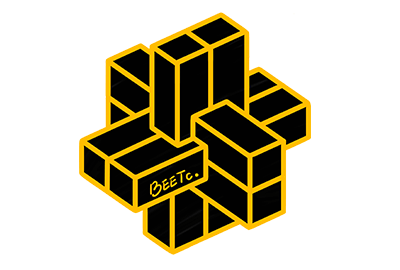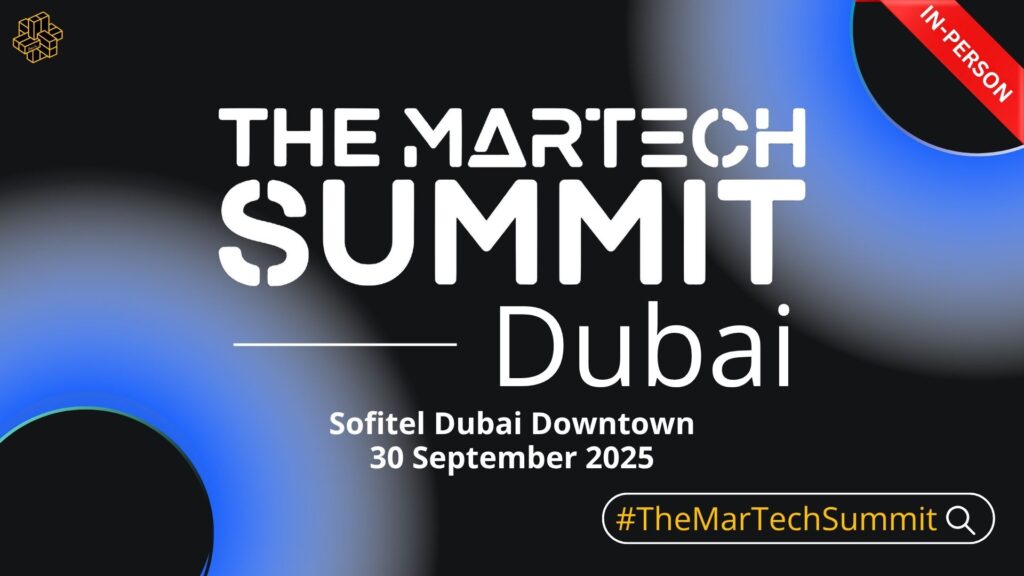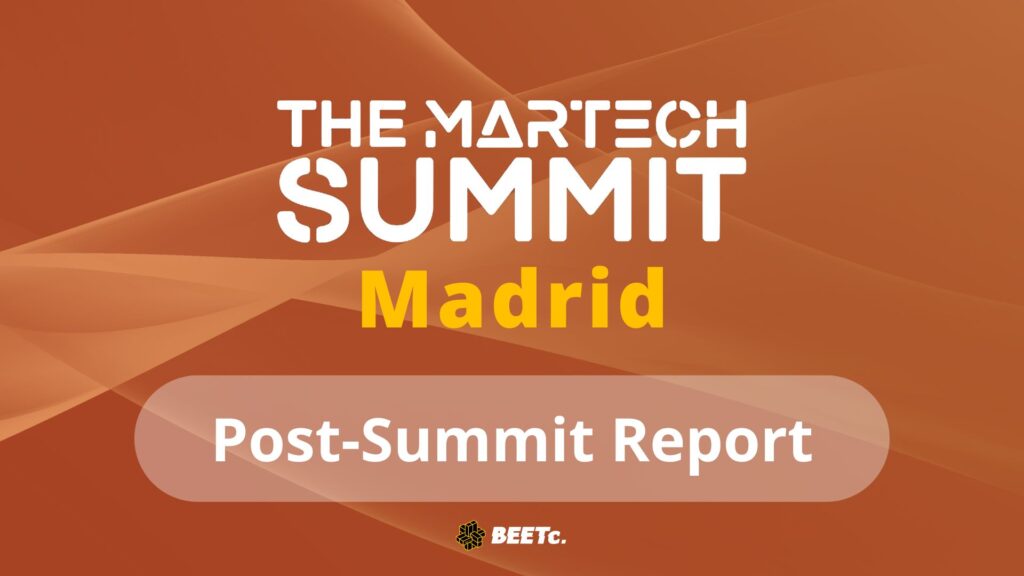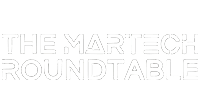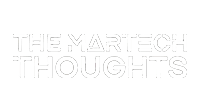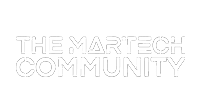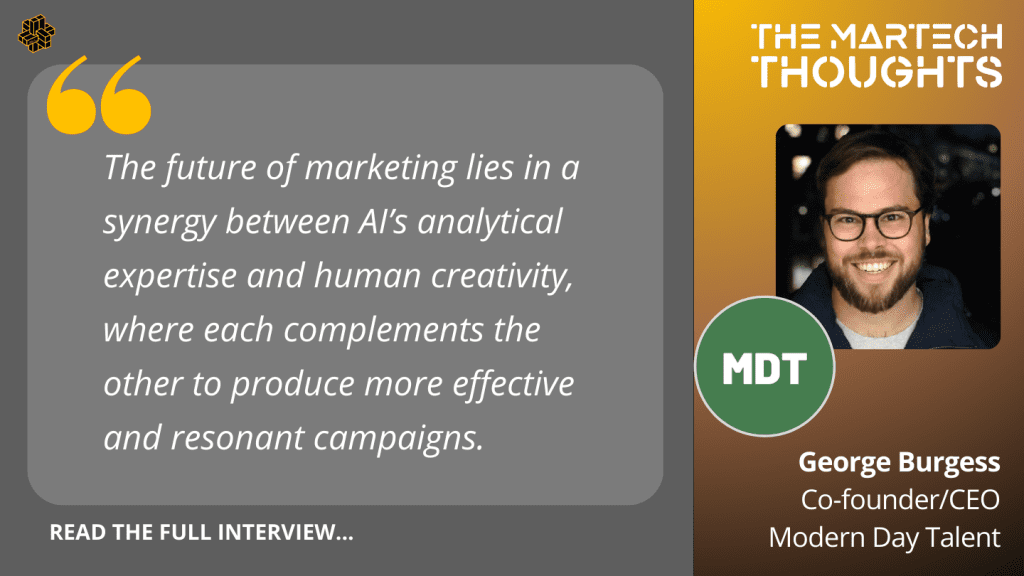
Welcome George Burgess, CEO of Modern Day Talent, shares insights on AI in marketing, Evolving Skill Sets, and Leadership Strategies as part of the MarTech Thoughts series.
How do you describe your job to a 5-year-old?
We’re an offshore staffing agency. Modern Day Talent helps some of the fastest-growing companies save up to 50% on payroll by establishing remote teams in South Africa.
What is the one marketing platform/app/solution you can’t live without? Why?
Airtable. We run our entire business from it.
At your organisation, what marketing tasks are suitable for automation, and which tasks still need a human touch? Is there any part of the marketing process that includes AI?
AI has become an invaluable tool in the creative process, particularly in refining and optimising content ideas. Our marketing team increasingly leverage AI to fine-tune copy and assist in conceptualising ad campaigns.
However, the core of creative marketing—the spark of an idea that resonates deeply with human emotions and experiences—still requires a human touch. While AI can process information and generate variations, it lacks the nuanced understanding of cultural context and emotional resonance that human creatives possess. The future of marketing lies in a synergy between AI’s analytical expertise and human creativity, where each complements the other to produce more effective and resonant campaigns.
How do you see the skillsets needed for the marketing profession changing?
Marketing professionals need to learn how to leverage AI. It’s not just a tool for automating mundane tasks; it’s a powerful source of fresh ideas. The key is learning to use it effectively. By mastering prompt engineering, marketers can guide AI to create tailored, exciting content that isn’t generic. AI doesn’t replace creativity; it enhances it. When fed with specific ideas and a brand voice, AI becomes a catalyst for innovation, helping marketers develop more impactful campaigns efficiently.
At this stage, mastering AI is still achievable by investing time and learning through trial and error. Those looking to dive deeper can explore online resources, particularly around ‘prompt engineering,’ which is essential for getting the most out of chat-based AI tools.
Our company actively encourages the use of AI. When discussing tasks, we often identify which can be supported by AI and how best to use it. We’ve found Claude to be the best chat-based AI for our needs, although this can change as models are updated regularly.
How do you keep your team motivated to get the best out of them during challenging economic times with additional external pressure?
A team united by a shared vision and aligned with company values can weather any storm. When everyone is committed to the organisation’s success, it becomes a powerful driving force. This alignment fosters resilience and collaboration, enabling the team to navigate challenges effectively.
As a leader, I, therefore, focus on empowering our team to make decisions based on our company values.
When clearly defined company values are used throughout an organisation it enables easier delegation, decision-making and consistent outcomes. Values act as a framework for our teams’ behaviour and decisions. The most effective way we’ve found to ensure adoption is to discuss values in every performance review. We discuss how each team member is performing against each value, and how they might be able to improve. We also use our values for hiring. It can be much easier to reach decisions on hiring someone when you have a clear framework to judge them against.
For example, we were recently hiring a new marketing assistant and had two candidates who both produced really impressive work in their final assessment. Throughout the process, one had always responded much faster to emails, and they submitted that final assessment a day ahead of the deadline. Given that one of our values is ‘urgency’ this made the decision a lot easier, as that candidate was clearly a better match to our company culture.
What’s been your most significant leadership challenge in recent times, and how did you overcome it?
A core member of our team had to leave the business very unexpectedly and quickly earlier in the year. As the CEO, I was the only other person in the team familiar with their day-to-day responsibilities and jumped in to take on their responsibilities. For six weeks, whilst we were finding a replacement, most of my time was therefore taken up by day-to-day tasks, and I was not focused on the big-picture, strategic efforts where I should’ve been focusing. To prevent this from happening again, we’ve now introduced role redundancy so that if anyone were ever to leave unexpectedly, someone else in the business would be familiar with their work and could take it on. We’ve already created an extensive handbook which includes step-by-step instructions for every process within the business.
Any fun facts about yourself that you want to share?
I split my time between London, rural Maine, and Cape Town.
A big thank you to George Burgess, CEO of Modern Day Talent, he shares his expert insights on AI in marketing, evolving skill sets, and leadership strategies. If you want to connect with George, feel free to reach out via LinkedIn!
See more MarTech Thoughts interview pieces here!
Last updated: September 2024
